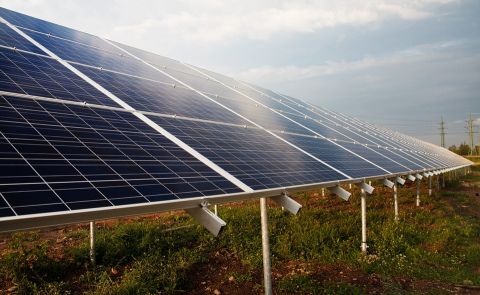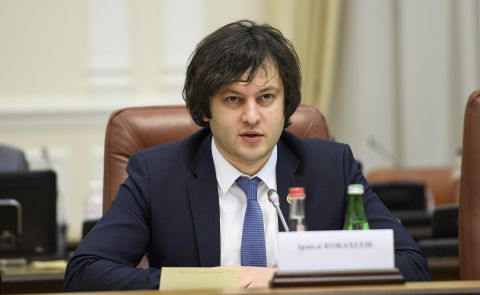
Georgian Leaders Meet with NATO's Stoltenberg in Tbilisi
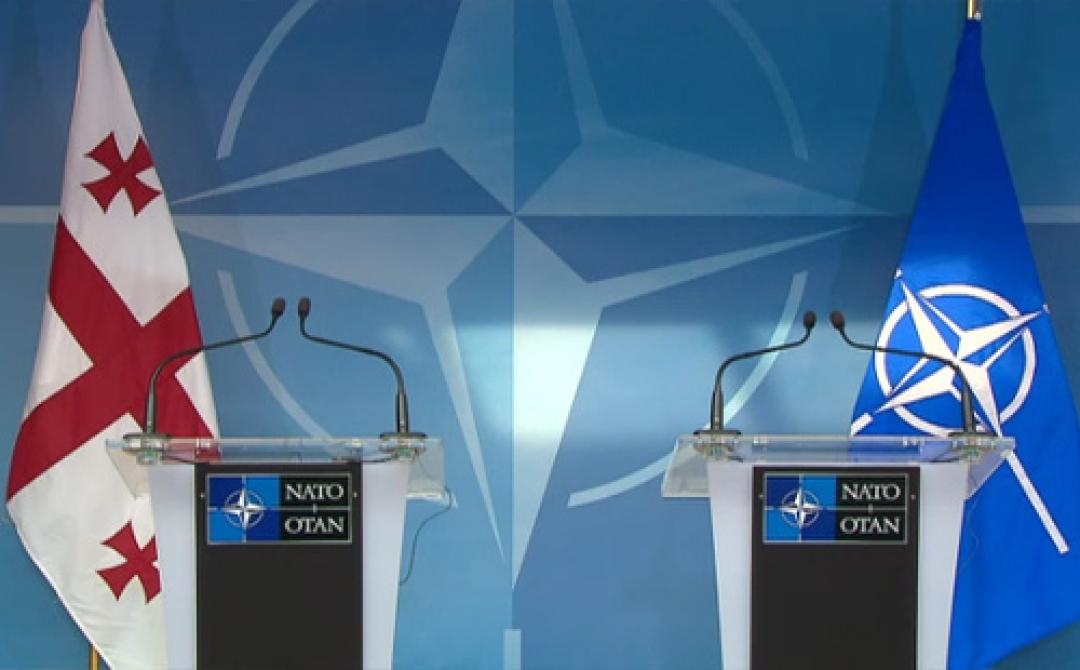
On March 18, Georgian Prime Minister Irakli Kobakhidze met with NATO Secretary General Jens Stoltenberg at the Government Administration.
The discussion primarily revolved around Georgia's Euro-Atlantic integration, the agenda of NATO-Georgia relations, and the prospects for future cooperation. Both sides acknowledged that Georgia's integration into NATO, a priority enshrined in the country's Constitution, remains a crucial foreign policy objective. Particular attention was devoted to Black Sea security, emphasizing its significance for ensuring mutual Euro-Atlantic security. Prime Minister Kobakhidze expressed gratitude to NATO Secretary General Stoltenberg for his steadfast support and personal involvement in Georgia's integration into the Alliance. Stoltenberg was commended for advocating for Georgia's sovereignty, territorial integrity, and non-recognition policy. Key NATO figures, including First Deputy Director Lorenz Meyer-Minnemann, Deputy Assistant Secretary General Javier Colomina, Acting NATO Spokesperson Dylan White, Deputy Director Inga Wegner, NATO Liaison Office Head Alexander Vinnikov, and Desk Officer Steffen Elgersma, also participated in the meeting.
Prime Minister Irakli Kobakhidze stated: "I am pleased that we once again discussed topics related to NATO-Georgia cooperation and our integration process. I express special gratitude to NATO and yourself for supporting Georgia's sovereignty and territorial integrity. Furthermore, your timely and fair statements regarding developments within Georgia's occupied territories are highly appreciated. Georgia remains one of NATO's most loyal and reliable partners. Over the years, we have actively contributed to NATO operations, significantly enhancing Euro-Atlantic security."
"NATO has played a pivotal role in developing Georgia's defense capabilities. Europe currently faces turbulent times, with the rules-based international order being challenged. Amid these complexities, international unity and steadfast commitment to the principles of international law are essential," he noted.
Stoltenberg emphasized, "Georgia is one of NATO's closest partners. We highly value your substantial contributions to NATO missions and operations. NATO fully supports Georgia's sovereignty and territorial integrity. South Ossetia and Abkhazia are integral parts of Georgia. NATO calls on Russia to reverse its recognition of these territories as independent states. Russia's recent organization of elections in occupied parts of Georgia and Ukraine is illegal. Moreover, Russia's presidential election was neither free nor fair. Georgia faces complex security challenges due to Russia's pursuit of imperial ambitions. In Ukraine, the situation on the battlefield remains difficult. Therefore, we must intensify our support. NATO Allies provide 99 percent of all military aid to Ukraine, and our partners also play a significant role. Georgia, for instance, hosts thousands of Ukrainian refugees and provides vital humanitarian and financial aid. However, we must do more to deter Russia's aggression."
"During our meeting, we also addressed security issues in the Black Sea, which are important for both Georgia and NATO. Russia's actions have jeopardized freedom of navigation in the Black Sea and global food supplies. Nevertheless, Ukraine's successful pushback against Russia has allowed for the reopening of vital grain shipping routes, benefiting the Ukrainian economy and global food security. NATO's partnership with Georgia is strong, and we discussed ways to further deepen it. We recently agreed on a new Individually Tailored Partnership Programme to enhance crisis management, cybersecurity, and military engineering cooperation. For example, a Turkish navy frigate recently visited Batumi as part of NATO's training for the Georgian Coast Guard. This demonstrates practical collaboration to strengthen Georgia's naval capabilities, which is crucial for both Georgia and NATO. NATO stands by Georgia as it progresses towards stronger democracy and full Euro-Atlantic integration, including the 2008 Bucharest decision that Georgia will become a NATO member. Granting candidate status by the European Union presents a significant opportunity to enhance Georgia's stability and prosperity. Efforts to move towards EU membership align with aspirations for full NATO membership. Georgia must continue to advance domestic reforms, democratic values, and the rule of law, including holding free and fair parliamentary elections in October," he noted.
Meeting with Georgian President
On the same day, Salome Zourabichvili, the President of Georgia, welcomed Jens Stoltenberg to Orbelian Palace, where they discussed Georgia's progress in integrating into European and Euro-Atlantic structures.
The conversation delved into the ongoing conflict in Ukraine and Russia's aggressive actions, underlining the necessity for international solidarity with Ukraine and emphasizing the importance of Black Sea security amidst heightened regional threats.
During the meeting with the President, Secretary General Stoltenberg reiterated NATO's steadfast support for Georgia's territorial integrity and sovereignty.
The discussion also touched upon Russia's organization of presidential elections in Georgia's occupied regions, which the President condemned as a blatant violation of Georgia's sovereignty and territorial integrity, contrary to international norms.
The President highlighted concerns about the situation in the occupied territories, including military-naval fleets in Ochamchire, the Sukhumi airport, and the Bichvinti cottages.
Response from separatist Abkhazia
De-facto Deputy Foreign Minister Irakli Tuzhba of Abkhazia reaffirmed the country's commitment to expanding international contacts despite facing international pressure, particularly highlighted during NATO Secretary General Jens Stoltenberg's visit to Tbilisi.
Stoltenberg reiterated NATO's support for Georgia's military strengthening and emphasized the importance of maintaining Georgia's territorial integrity.
Tuzhba underscored NATO countries' long-standing support in forming Georgia's military potential and observed an ongoing militarization phase in the country, marked by significant revanchist sentiments.
Furthermore, Tuzhba criticized the daily efforts of aggressive isolation directed towards Abkhazia and its citizens by NATO, the US, and the EU. He pointed to Stoltenberg's statements as further confirmation of these isolationist actions.
See Also

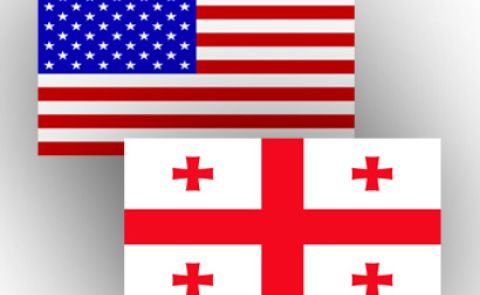
Kobakhidze Meets US Senator Daines to Discuss Bilateral Relations
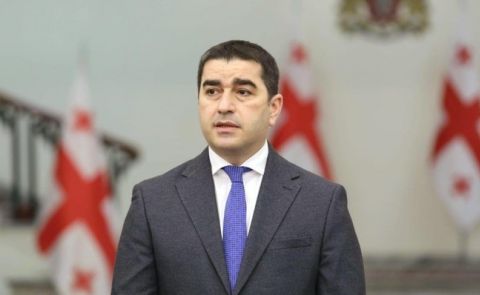
Georgian Speaker Condemns Embassy Travel Warnings as Economic Attack
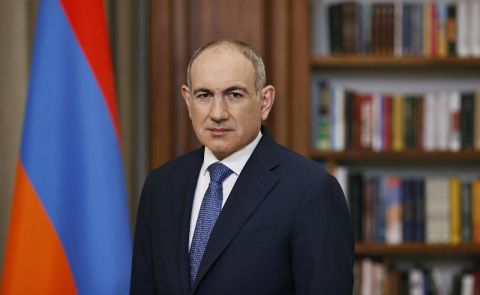
Political Crisis Deepens Between Armenian Government and Apostolic Church After Pashinyan’s Remarks
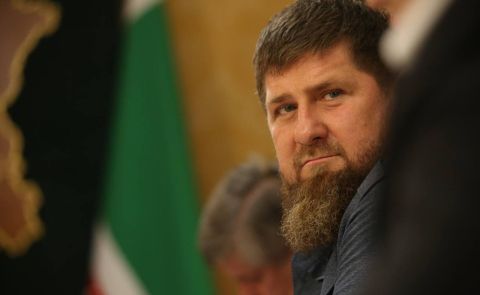
Ramzan Kadyrov Awards Title to Ingush Businessman
